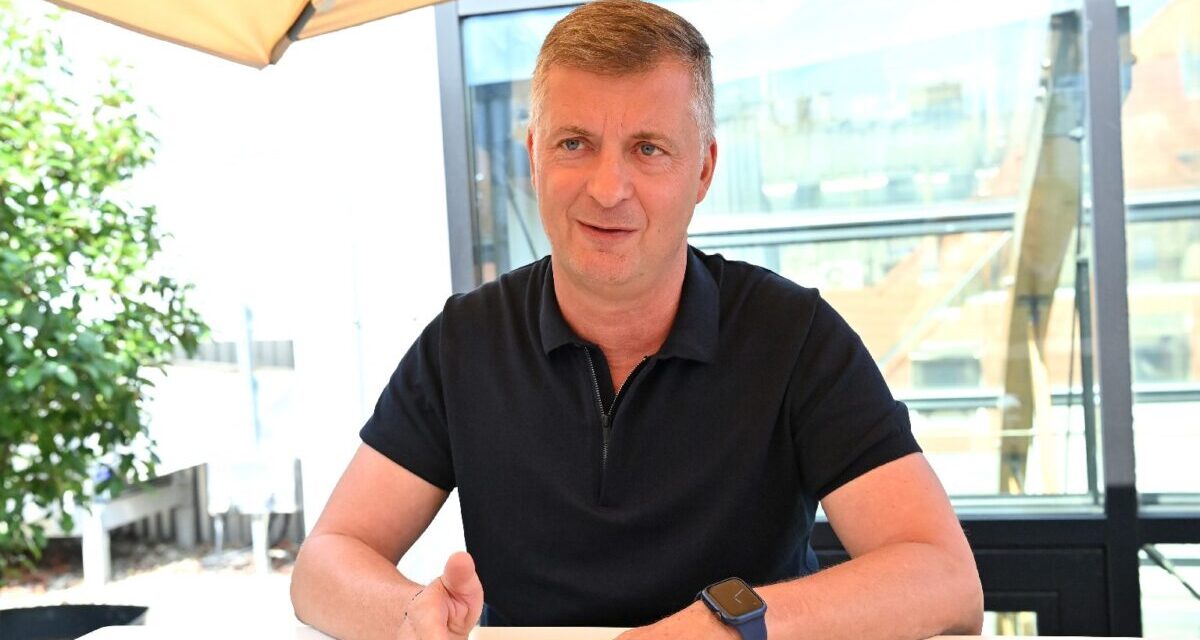Nor will we vote for sanctions that threaten Hungary's energy supply. Interview.
Is the print media losing importance even more than TV?
Reading habits have also completely changed, and even the majority of grandparents get their information from the Internet. The majority of people only read the titles and headlines, they rarely click and browse the entire articles, rather they just scroll down the screen. That is why journalism is also changing, or should change.
Were you surprised by the other two-thirds?
During the campaign, I felt that we would have a stable majority in the parliament, but I never dreamed that it would be two-thirds. But in retrospect, I feel a sense of loss, since so little has passed in some districts.
Between 1998 and 2002, there was a successful government, but Fidesz lost the elections. What has changed since then?
I think the most important thing is that the Hungarian media market has changed. In 2002, Népszabadság, Népszava, Magyar Hírlap and all the county dailies stood opposite the single Hungarian Nation. Commercial television supported the left, and the right was not present at all in the online space. Today, the presence of Hungarian civic values in the domestic media is about fifty percent. However, there is still no reason for complacency, since the daily newspaper with the largest circulation and the most-read weekly also belong to the opposition, and in the area of Internet portals, the leftist is still in a significant majority, two-thirds. Strengthening conservative news sites is a serious task. However, there are encouraging signs, the presence of parties and politicians on social media is stronger than that of our opponents. The right-wing opinion leaders also perform excellently. Brilliant young people came in the campaign, who have been doing fantastic work ever since.
We vetoed the minimum tax, now they are collecting signatures so that it cannot be vetoed.
How about that? This is definitely not going to work. Brussels would double the taxes on Hungarian entrepreneurs, while multinational technology companies, such as Facebook or Google, will not pay taxes in the member countries. This is what the global minimum tax means. The interests of Hungarian businesses come first for Hungary, so we do not support the tax increase in Brussels in this form. Nor will we vote for sanctions that threaten Hungary's energy supply due to the war. The fact that Europe is heading towards suicide with its energy policy is his business, but leave us out of it.
The sanctions introduced so far are causing merciless damage not to Russia, but to Europe. In addition to wartime inflation, there is a threat of a food crisis, which may turn into famine in certain areas of the world. And this may further incite the migration crisis, which is already strongly present. And, as we have seen recently, migrants arriving at the borders no longer only have sticks and stones, but live firearms. Do EU decision-makers not see this?
If this continues, Europe will lose its competitiveness against Asia and the United States. Such an accident should not be committed. However, the most important thing is that there should be peace again and that we rethink the economic measures. This would bring stability in all aspects of life.
You can read the original, full article .
Featured image: MTI / Tibor Illyés












